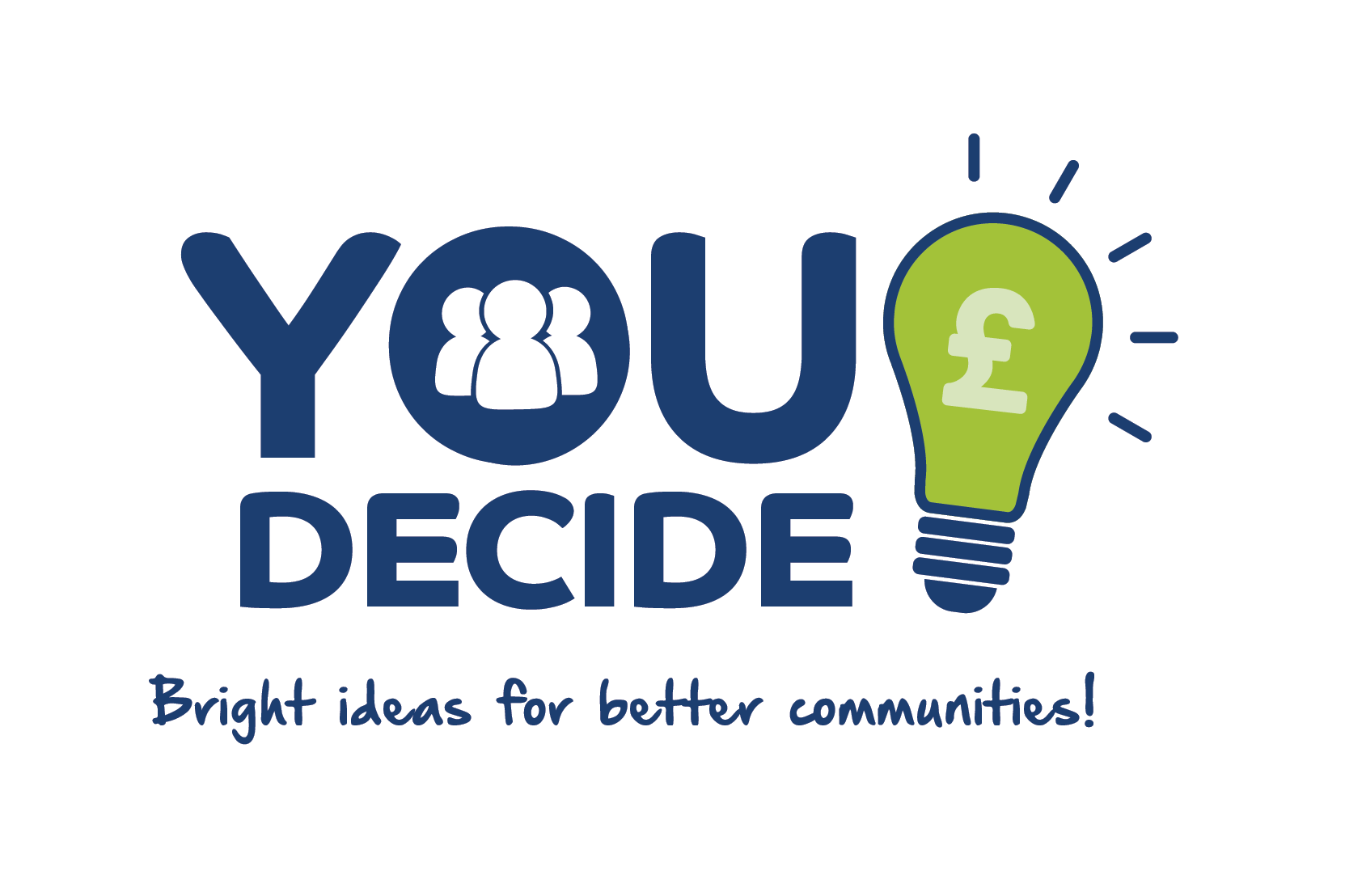Some cookies used are essential to providing a service, while others help us improve your experience and provide us with insights into how the site is being used.
For more detailed information about the cookies we use, see our Cookies page.
Necessary cookies enable core functionality such as security, network management, and accessibility. You may disable these by changing your browser settings, but this may affect how the website functions.
We'd like to set Google Analytics cookies to help us to improve our website by collecting and reporting information on how you use it. The cookies collect information in a way that does not directly identify anyone. For more information on how these cookies work, please see our 'Cookies page'.
We'd like to allow Social Media cookies to provide a richer experience. These cookies will allow us the ability to list Fife Council tweets and Facebook posts, Google maps, audio clips & Videos on some of our pages. Our videos use Youtube's privacy-enhanced mode.
These cookies allow us to show relevant adverts to the content you are viewing. They also provide the ability to deliver targeted online advertising across other platforms like Facebook, Google, Instagram and the Quantcast network.
In 2024/25, the Kirkcaldy area, including Burntisland, Kinghorn, and Dysart, delivered a Participatory Budgeting engagement programme. With £300,000 available, the process was led by a community steering group and supported by partners including Fife Centre for Equalities, YMCA, and Fife Council’s CLD team.
The goal was simple but ambitious: give local people real power to decide how public money should be spent in their communities.
The first step was to recruit a diverse steering group of 12 local residents. They took part in training and then led the process, from promoting the opportunity and reviewing project ideas, to organising events and overseeing the public vote.
The response was impressive:
The process used both in-person polling cards and an online platform (Citizen Space) to ensure accessibility and transparency. The steering group played a key role in shaping communications, supporting applicants, and helping to deliver a celebration event for the winning projects.
This work strongly supports the Plan for Fife, particularly the ambition that Fife’s communities and individuals are more involved in local decision making and in helping to plan and deliver local services.
It also reflects the values of community wealth building and joined-up public services, by putting decision-making in the hands of local people and working across sectors to make it happen.
The focus now is on supporting the delivery of the funded projects and celebrating their impact. The experience has shown that, while community-led work can bring challenges, it also brings energy, insight, and a stronger sense of ownership. Planning is already underway to build on this success in the future.
